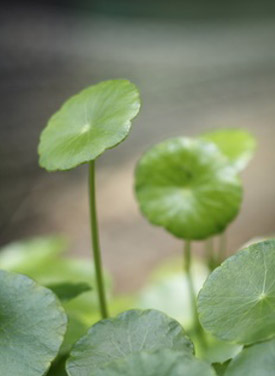
Weeds are plants growing where they are not wanted. Thus managing them, is dependent on what the long term status is, for the landscape in question. Planning ahead is critical and as is being informed and up to date with weed management technologies. Julie is not a weed management contractor but can provide some tools that may assist you to plan and implement your weed management more effectively.
Wetlands Weed Management
Weeds in wetlands can be managed using simple mapping plus good control mechanisms. Understanding where the weeds come from, what the weeds are, and how the weed seed is transported, is paramount in achieving long term improvement in managing weeds in wetlands.
Julie has extensive experience in all forms of weed management in wetlands. She has removed dense thickets of blackberry covered by garden vines through to intensive aquatic weed removal in highly biodiverse wetlands. While she will not do this work herself, she can provide the assessment, planning, guidance and supervision of such work ensuring that the integrity of your wetland management is maintained and improved.
Bushland Weed Management
Managing bushland weeds in urban environments is challenging, but with a good plan, systematic mapping and thorough operational on ground management your bushland can be a haven of local biodiversity.
Julie maintains that the weed management process is relatively simple, but good planning is essential. Consistent persistence integrated with sound ecological knowledge can reduce costs and improve your bushland ecosystems.
Weeds in Waterways, Floodplains and Riparian Areas
Julie is highly experienced and been very successful in aquatic weed management having developed and implemented aquatic weed management systems in complex natural environments. Aquatic weeds can appear at any time within permanent and/or intermittently wet situations. They are usually grouped into 6 categories. Free floating, floating attached, submerged, submerged feathery, emergent and trees/shrubs. Aquatic plants vary in how they reproduce thus each species in each situation can require assessment to determine the most effective management. Stormwater, garden escapees and bird droppings after visits to nearby ornamental plants provide significant weed seed load thus there is always a need for frequent waterway and wetland aquatic weed surveillance in urban environments. Early intervention is economically ideal. Floodplains can be extremely vulnerable to weed invasion. Some weed invasions are catastrophic to the endemic vegetation, often deemed impossible to deal with after decades of severe degradation. Julie has supervised the restoration of such floodplains.
Julie can help you, your organisation and/or your group to set up a systematic approach to reduce and manage the weed issues in your particular watery environment.